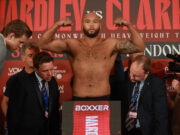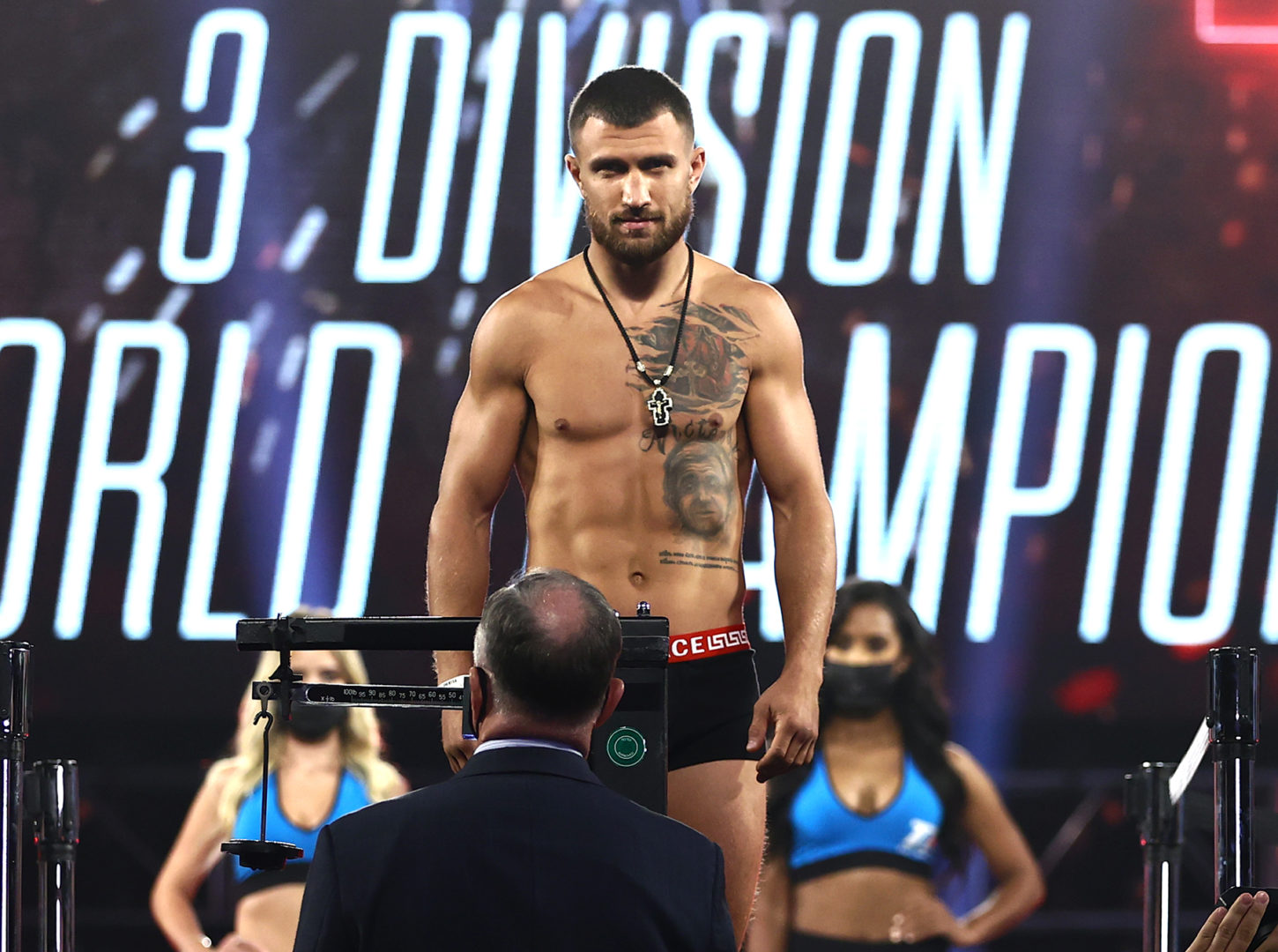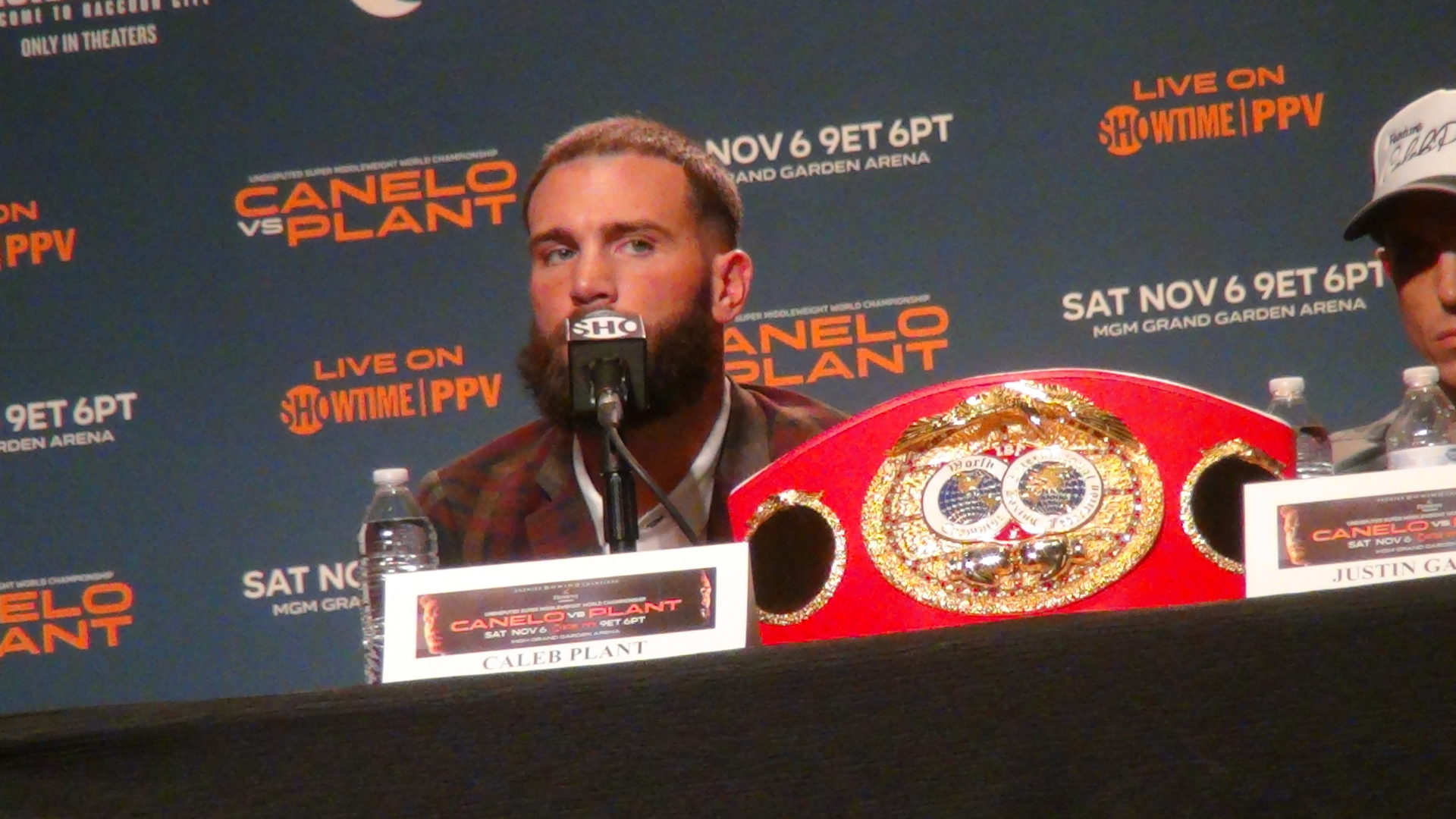“I cannot find language of sufficient energy to convey my sense of the sacredness of private integrity. . . . With so much awe, with so much fear, let it be respected.” – Ralph Waldo Emerson, “Lecture on the Times,” Dec. 2, 1841
Friday, the Boxing Writers Association of America announced its 2010 winner of the James A. Farley award for honesty and integrity in boxing: “Irish” Micky Ward of Lowell, Mass. The announcement treated Ward’s celebrated trilogy with Arturo Gatti then dedicated a paragraph to “The Fighter” – a movie about Ward currently in theaters.
It almost felt as though Ward’s integrity was now prize-worthy because Hollywood recognized Ward’s life as movie-worthy. Which felt like a non sequitur.
So be it. The important thing is that Ward will be honored this year. Whatever integrity Ward demonstrated in his private life, he was the very model of integrity in a prizefighting ring. He made honest fights.
The word “integrity” is a durable one. It has survived the usual onslaught of overuse from corporate marketeers and what politicians they employ – survived, that is, in a way hollowed-out words like “quality” and “amazing” and “patriot” have not. Calling a person a man of integrity still elevates him.
“Integrity” comes from the Latin “tag” – roughly, “to touch” – with the nullifying prefix “in” before it. Integrity, then, was originally said of something that was untouched, intact, whole. It was not a word that made any judgment on the complicatedness of its bearer; it asked only if that thing was in an uncompromised state.
Of the tests sports present to their participants, probably no sport tests wholeness as boxing does. Boxing is not complicated as, say, the blocking scheme executed by an offensive lineman in the NFL. It does not necessarily require the athletic feat of an alley-oop in the NBA or penalty shot in the NHL. Nor does it require quite the conditioning of a cyclist on the Tour de France.
But nothing tests the wholeness of an individual’s character – however small or simple – the way boxing does.
Micky Ward fought with integrity. He kept his hands high and took no umbrage with being struck. He was not clever. He relied heavily on the left hook to the body – a punch more likely to sever a man from his wholeness than any other.
During one of Ward’s HBO fights late in his career, commentator Jim Lampley teed-up a question for George Foreman, and Big George hammered it. Lampley asked Foreman why Ward’s left hook to the body was such an effective punch. Foreman did not try to explain the human liver or what message the brain sends when a vital organ comes under assault. Rather, he conveyed a book’s worth of boxing wisdom with five words:
Because Ward believes in it.
Obdurate application of a single tactic in boxing, of course, can take a man on a direct route to unconsciousness. When the single tactic does not work, its fighter becomes a self-immolating figure. But when that single tactic, and its stubborn use, causes cracks to appear in an opponent’s will, it is the most indispensable of tools.
Feb. 28, 2009 saw a fight of just such stubbornness – a fight, actually, of great integrity. Juan Diaz fought Juan Manuel Marquez with something akin to an unblemished belief in his own will and activity. He charged the champion and hit him everywhere, placing only a secondary emphasis on accuracy. Marquez, meanwhile, remained faithful to his belief in fundamentals, hitting Diaz less often but more accurately – all the while absorbing everything Diaz threw.
Marquez-Diaz I was an honest fight in the sense that both men wanted to sink their knuckles in the other. Both men were whole, strong, and anxious to test another man at his very best, and break him or be broken by him. They wanted a confrontation, and they made one. That is the essence of boxing’s vicarious thrill for its fans.
But do you know who received the largest ovation in Houston’s Toyota Center that night? George Foreman. When Foreman’s presence at ringside was announced, its applause dwarfed that garnered by Oscar De La Hoya or even Houston’s own Juan Diaz. Foreman, too, was, and is, recognized as a man of integrity in his hometown.
Writing of Foreman, his voice can be heard a few times in “The Fighter” – a movie that wants to be untouched and intact and almost is. “The Fighter” is a good movie. Had it been made before all its predecessors, it would have been a remarkable achievement. Unfortunately, its many predecessors did precede it, and so its strict adherence to a shopworn template precludes it from being more than a good movie.
You don’t need to know who Micky Ward is, in other words, to know where “The Fighter” is going every step of the way.
The female leads in the movie – Amy Adams as Charlene Fleming, and Melissa Leo as Alice Ward – are excellent. They speak the movie’s original lines and deliver performances that occasionally surprise. The males leads, on the other hand, rarely stop being Mark Wahlberg and Christian Bale.
It’s not that Wahlberg didn’t study Ward’s fighting style enough, or that Bale didn’t successfully change his physique from Batman’s into a crack-addicted version of Ward’s brother and chief second Dickie Eklund’s. They did. And bravo. But they’re still Wahlberg and Bale.
What Wahlberg failed to capture about Micky Ward was his Lowell obliviousness and leprechaunish charm. In trying to make Ward’s character deservedly sympathetic, Wahlberg made him too worldly and polished.
But again, so be it. Wahlberg’s and the BWAA’s honoring of a fighter like Micky Ward is a fine thing. May Ward’s integrity in the ring inspire tomorrow’s prizefighters.
***
A special note of thanks to trainer Adrian Rodriguez, another man of integrity, for his suggestion of this topic.
Bart Barry can be reached at bbarry@15rounds.com.




















